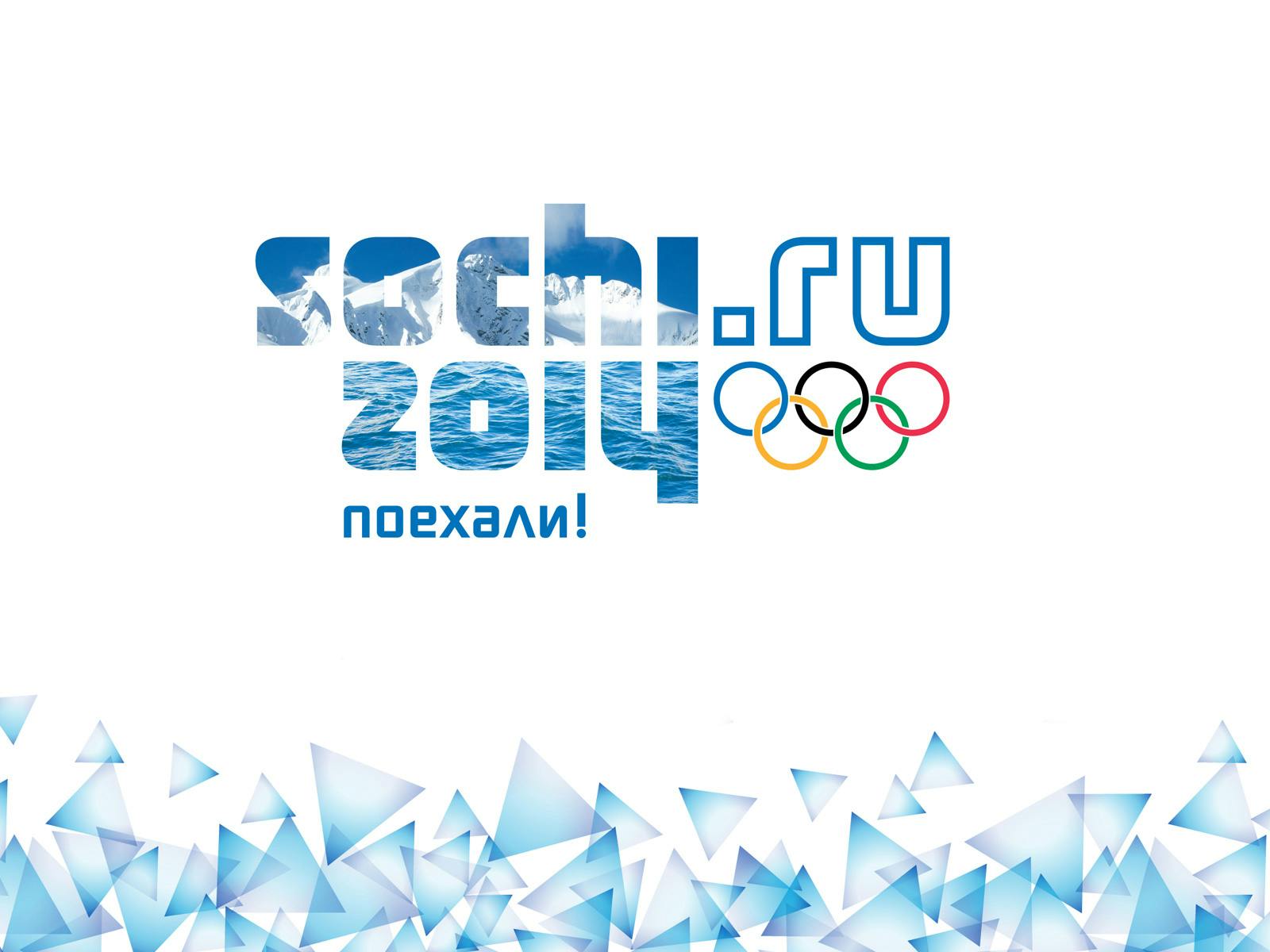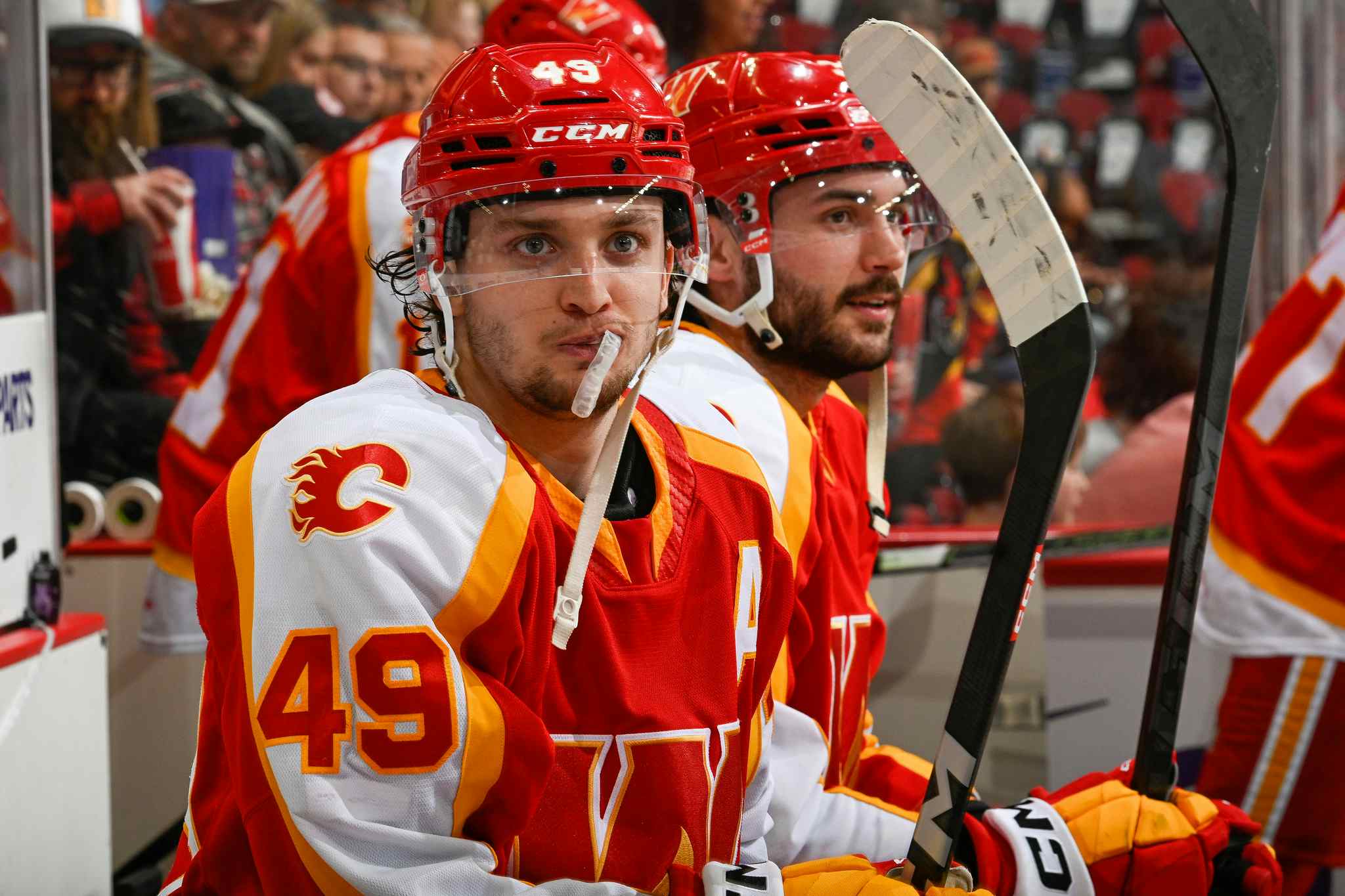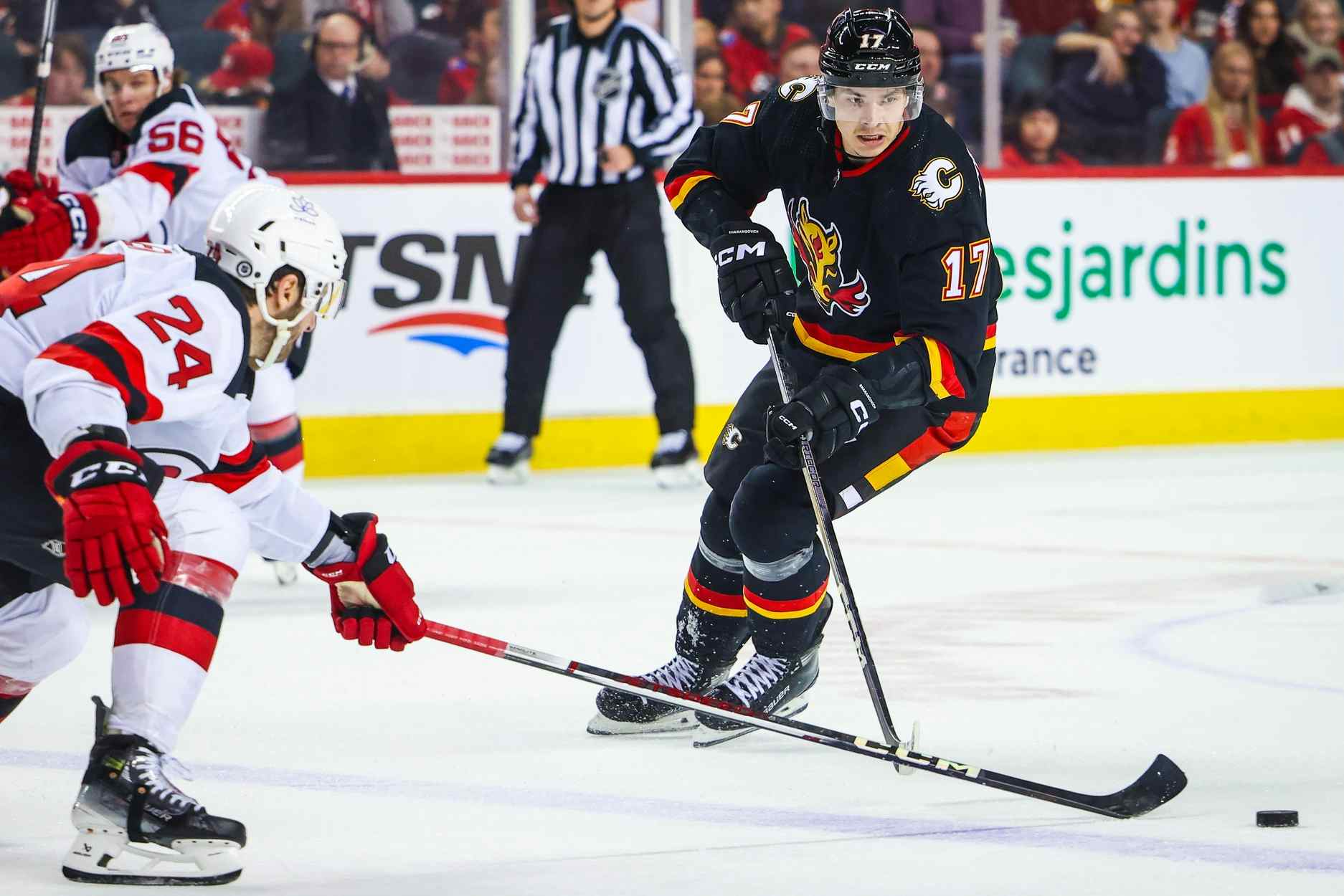Reflections From Canada’s Olympic Camp

This article was orginally published at the Sporting News
When Team Canada’s management group, coaching staff and 45 players got together for the first time on Sunday, there was a game plan of sorts set up for the following days that consisted mainly of implementing systems and familiarizing the players with not only the bigger ice surface, but each other as well.
72 hours later, it appears mission accomplished. Due to the much-publicized insurance coast, the players needed to stay off the ice forcing Head Coach Mike Babcock and the coaching staff to be creative. In the end, they meandered their way around the adversity by way of ball hockey – which was a popular decision among players. The dry land sessions allowed players to transition what they learned in the video room to the surface all while familiarizing themselves with the wider playing surface.
Although the ice was covered with plastic boards and the black pucks replaced with orange balls, Canadian GM Steve Yzerman felt good about what the three-day orientation camp accomplished.
“The feedback from coaches and players is they think it’s been worthwhile,” Yzerman said. “They’ve spent a lot of time, even if they’re going on the floor, in meetings and video sessions. Some guys learn different than others. Some guys tune out in video and meetings and whatnot. If we do this in a practical manner, it kind of drives the point home a little bit.”
The players too felt the sessions were helpful in setting up a familiarity with the systems and tactics prior to going to Sochi.
"It’s been great, I had a chance to get to know the guys and also the system and actually [implementing] it," said Bergeron. "I know it wasn’t skating but at least we’re doing it, we’re executing it and it gets in our head and it’ll make it easier [in Sochi]."
The intense and thorough nature of the camp took some players by surprise.
"I think it accomplished more [than I was expecting]." said Capitals defensemen Karl Alzner. "I was actually quite surprised how in depth we were with all the video and getting an opportunity to something out there."
Head Coach Mike Babcock made it a point to cover as much as possible given short time frame and no-ice limitations. The nature of the boarded up surface allowed the coaching staff to take the time ensuring everything was done right and way they expected it to be done in Sochi.
“Understanding the details of how we’re going to play, terminology, where to stand, how to play in your own zone, how to play on the power play, penalty kill,” he said. “We’ve gone over and over that. The walk-throughs made it slow enough to really spend some time on it.”
The drills and systems themselves were slightly different from the classic aggressive fore-check style Canada has employed in the past. The big ice surface combined with the style of play implemented by the European teams rendered Canada’s previous game plan untenable.
“With the Europeans, everything’s back to the net. They give you the outside all day long, you’ll have the puck on the cycle the entire game. It’s hard to get shots through” Said Yzerman at the camp opening press conference on Sunday.
Assistant coach Ken Hitchcock also elaborated on the systems work, specifically on how they’re designed to prevent players from becoming too complacent with all the time and space on the bigger ice.
“I think the sucker play is you have more space, you have more time, so the tendency is to take more time. It’s the big mistake,” Hitchcock “When we play well as Canadians, we play fast defensively and even faster offensively. It’s the sucker play if you make that mistake on big ice, you end up being slow and you get covered over quickly defensively."
There was lots of team bonding, relationships were forged and systems were nailed down. However, one thing that was not present at this orientation camp was judgement.
"What we’re not getting out of this camp is the evaluation part. We get everything else." Babcock said. "I think [it] was critical for them [to know about] the evaluation process. How do you get to Sochi? We’ve tried to explain it to each and every guy so when they leave here they’ve got three months to do their part. They’re in control of whether they go."
The evaluation component for both the management staff and the players, kicks off October 1st along with the National Hockey League Season.
FlamesNation Olympic Orientation Coverage
- Countdown to Sochi begins
- Team Canada goes dry land on day 2
- Reflections From Canada’s Olympic Camp
Recent articles from Christian Roatis





